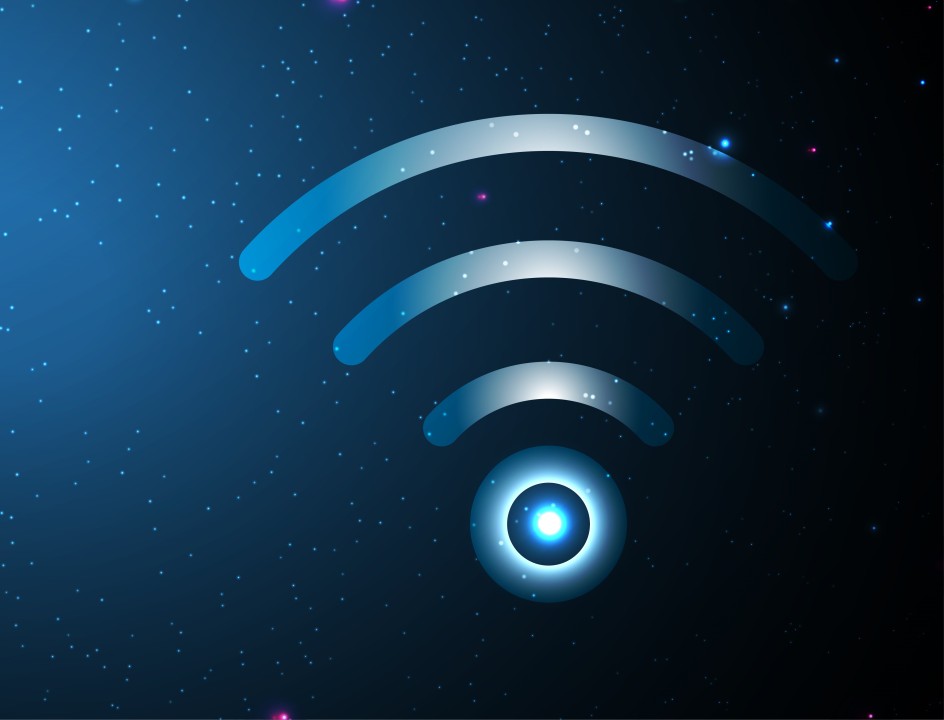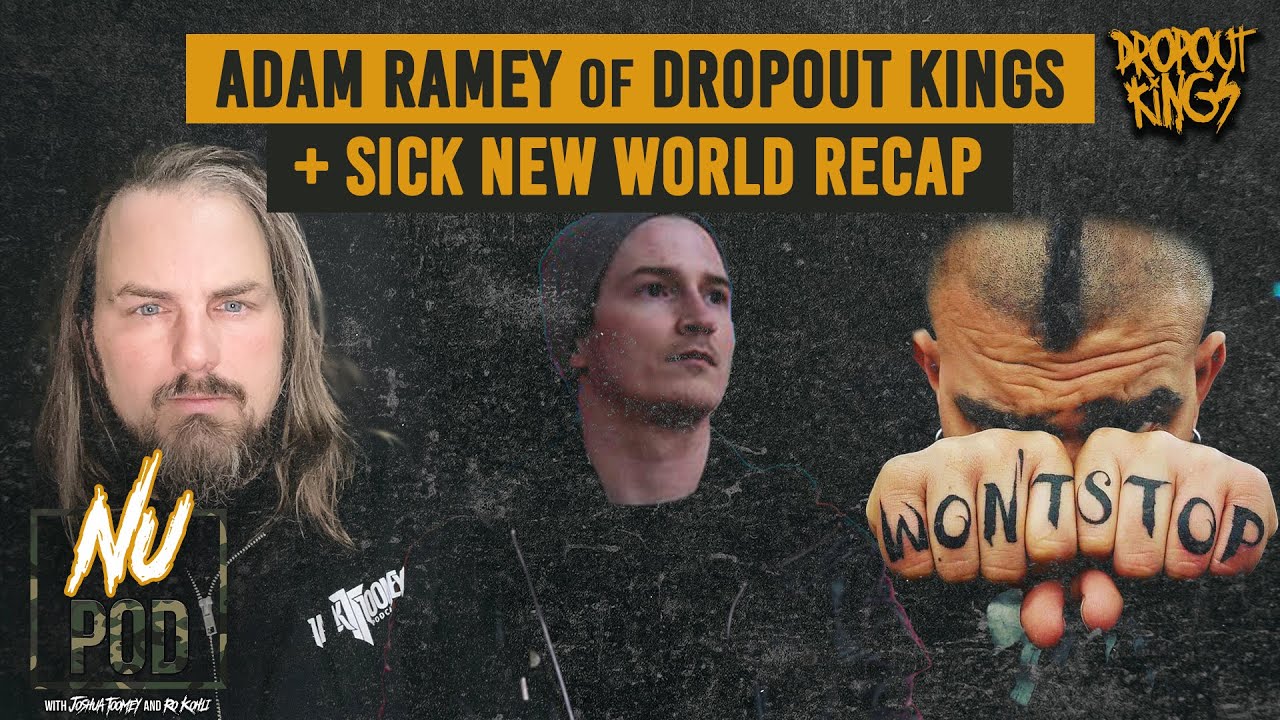The Love Monster Myth: Debunking Common Misconceptions About Intense Love

Table of Contents
The "All-Consuming Love" Fallacy
The idea that intense love should be all-consuming is a dangerous myth. A truly healthy relationship allows for individual growth and personal fulfillment.
Love Shouldn't Dictate Your Identity
Intense love should not erase your individuality or force you to abandon your passions and friendships. Your identity should remain intact, even within the context of a loving relationship.
- Warning signs: Feeling lost without your partner, neglecting self-care (physical and mental health), sacrificing your ambitions, career aspirations, or hobbies to please your partner, experiencing a significant decrease in time spent with friends and family.
- Healthy relationships nurture individual growth while fostering connection. A supportive partner will encourage your personal pursuits and celebrate your successes. They will not try to control your life.
The Myth of Instant Connection
While initial attraction is powerful, true connection develops gradually through shared experiences, trust, and mutual respect. Don't confuse infatuation with genuine love.
- Red flags: Instant, overwhelming feelings that lack a foundation of genuine understanding, feeling pressured to move quickly into a serious relationship, idealizing your partner and ignoring any red flags.
- Focus on building a strong foundation of communication, trust, and shared values rather than succumbing to immediate, intense feelings. A slow burn often leads to a more enduring and meaningful connection.
Differentiating Passion from Obsession
Passion and obsession are often confused, but understanding the key differences is crucial for maintaining a healthy relationship.
Healthy Passion vs. Unhealthy Obsession
- Healthy passion: Involves excitement, desire, mutual respect, shared interests, and individual autonomy. It's a feeling of joy and excitement that complements your existing life.
- Unhealthy obsession: Characterized by possessiveness, control, jealousy, a lack of boundaries, constant need for reassurance, and often leads to stalking behavior or emotional manipulation. It often feels consuming and negatively impacts your mental health.
- Key differences: Healthy passion promotes growth, strengthens individual identity, and enhances existing relationships. Unhealthy obsession stifles personal growth, isolates you from others, and creates constant anxiety and fear.
Recognizing Controlling Behaviors
Controlling behaviors are a significant red flag in any relationship. These can subtly escalate and are often masked by intense "love."
- Examples: Isolation from friends and family (cutting you off from social support networks), constant monitoring of your whereabouts and communications, controlling finances (restricting access to money or controlling spending), emotional manipulation (guilt-tripping, gaslighting, threats of abandonment), excessive jealousy and accusations of infidelity, monitoring social media or online activity, attempts to dictate clothing choices, or other behaviors that undermine your autonomy and self-esteem.
- Consequences: Loss of independence, low self-esteem, feelings of fear and anxiety, depression, and even physical abuse in extreme cases.
- Seek professional help from a therapist, counselor, or support group if you experience or witness such behaviors. This is essential for your well-being and safety.
Building Healthy, Passionate Relationships
Cultivating a healthy, passionate relationship requires conscious effort, open communication, and a commitment to mutual respect.
The Importance of Communication and Trust
Open and honest communication is the bedrock of any healthy relationship. It's essential for resolving conflicts, building trust, and navigating challenges.
- Active listening and empathy are crucial components of healthy relationships. Understand your partner's perspective, even if you don't agree.
- Avoid suppressing feelings or resorting to passive-aggressive behavior. Address issues directly and respectfully. Seek professional couples' counseling if you struggle with effective communication.
Setting Boundaries and Maintaining Independence
Establishing clear boundaries is essential for protecting your emotional and physical well-being.
- Maintain your individuality and personal interests outside the relationship. This demonstrates self-respect and strengthens your overall happiness and resilience.
- Remember that a healthy relationship supports individual growth and independence, not dependence.
Conclusion:
Intense love can be exhilarating, but it's crucial to distinguish between healthy passion and potentially destructive obsession. The "love monster" myth often masks unhealthy relationship dynamics. By understanding the difference between passionate connection and controlling behaviors, you can cultivate healthy, fulfilling relationships based on mutual respect, trust, and individual autonomy. If you suspect your relationship is unhealthy, seek professional help. Learning to identify and navigate intense love healthily is a key step towards building a fulfilling and lasting relationship, free from the misconceptions of the "love monster" myth. Remember, healthy relationships thrive on mutual respect and independence, not all-consuming passion. Understanding the nuances of intense love and prioritizing your well-being are crucial for creating a relationship built on genuine connection rather than unhealthy obsession.

Featured Posts
-
 Loto Du Patrimoine 2025 Decouverte De L Interieur Du Theatre Tivoli A Clisson
May 22, 2025
Loto Du Patrimoine 2025 Decouverte De L Interieur Du Theatre Tivoli A Clisson
May 22, 2025 -
 Trinidad Considering Restrictions On Kartel Concert Age Limit And Song Ban On The Table
May 22, 2025
Trinidad Considering Restrictions On Kartel Concert Age Limit And Song Ban On The Table
May 22, 2025 -
 Dropout Kings Vocalist Adam Ramey Dead At Age
May 22, 2025
Dropout Kings Vocalist Adam Ramey Dead At Age
May 22, 2025 -
 Elektrik Kesintileri Nato Genel Sekreteri Rutte Ve Ispanyol Basbakan Sanchez Arasinda Goeruesmeler
May 22, 2025
Elektrik Kesintileri Nato Genel Sekreteri Rutte Ve Ispanyol Basbakan Sanchez Arasinda Goeruesmeler
May 22, 2025 -
 Death Of Adam Ramey Frontman For Dropout Kings
May 22, 2025
Death Of Adam Ramey Frontman For Dropout Kings
May 22, 2025
